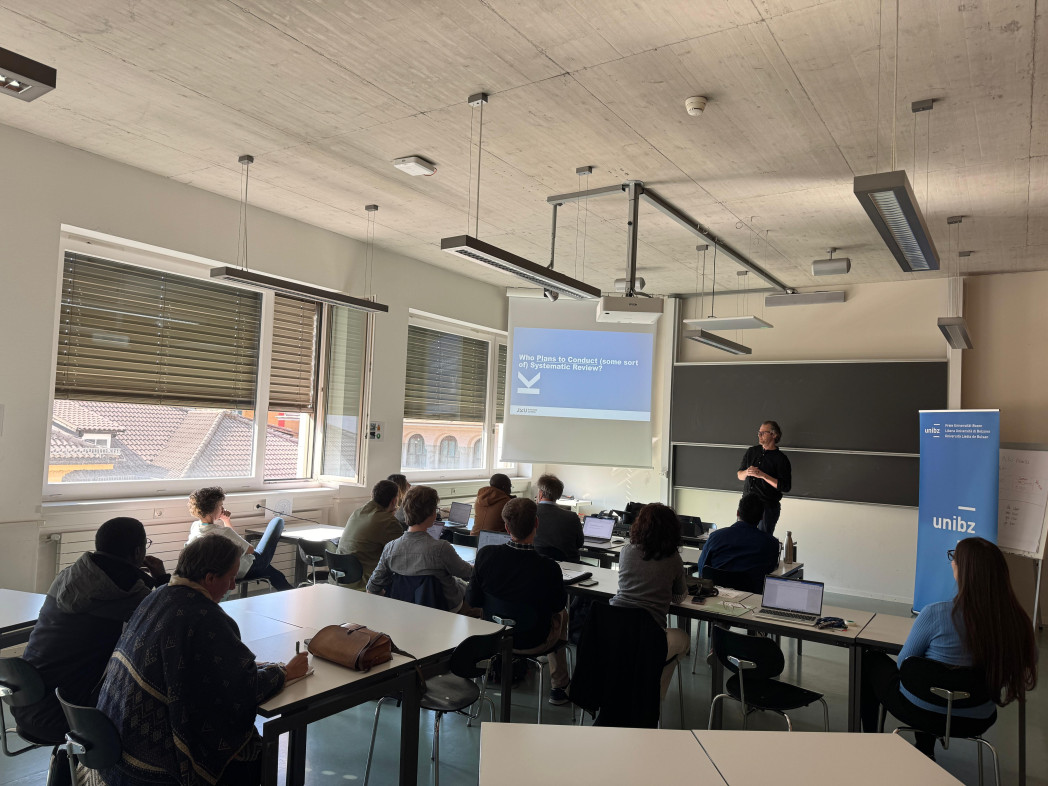
Good Sampling Matters: State-of-the-Art Methods for Impactful Systematic Reviews
Systematic reviews are becoming increasingly common across disciplines. As Gusenbauer explained, this growing interest is driven by several factors: systematic reviews tend to receive more citations than individual studies, they are often seen as an accessible entry point for early-stage researchers or PhD students, and they respond to the rapid expansion of primary research—today, more than twice as many papers are published each year compared to 2007. At the same time, individual studies often show variability and bias due to different designs and samples, which raises concerns about “cherry picking” and contributes to skepticism towards the scientific enterprise.
A well-designed systematic review, however, can counter these problems—but only if its sampling is done right. Drawing on his research and practical experience, Gusenbauer showed how systematicity and transparency in sampling are key to producing credible, replicable, and impactful reviews. He referred to widely used frameworks such as Tranfield et al. and the PRISMA Statement, stressing the importance of exhaustiveness, bias minimization, and documentation of the review process.
He outlined a clear, step-by-step approach to improve literature sampling:
1️⃣ Scoping – defining the problem and boundaries of the review;
2️⃣ Systematic keyword search – using advanced operators such as proximity search (W/2) to increase recall;
3️⃣ Backward and forward snowballing – tracing citations to identify overlooked studies;
4️⃣ Transparent reporting – ensuring replicability and methodological clarity.
Gusenbauer also discussed how AI-based tools can support these processes, while warning about potential issues with reviewers and editors. His main takeaway: systematic reviews can shape the future of science, but only if researchers pay careful attention to the quality and transparency of their sampling strategies.
The seminar was part of the Competence Centre’s ongoing commitment to promoting methodological excellence and open, rigorous research practices.